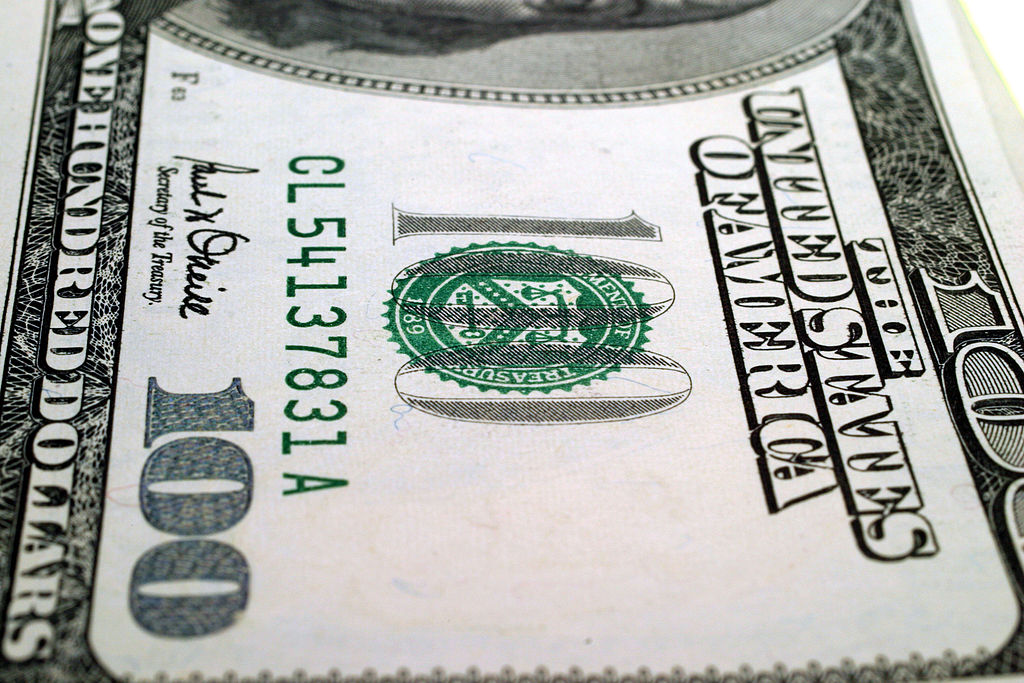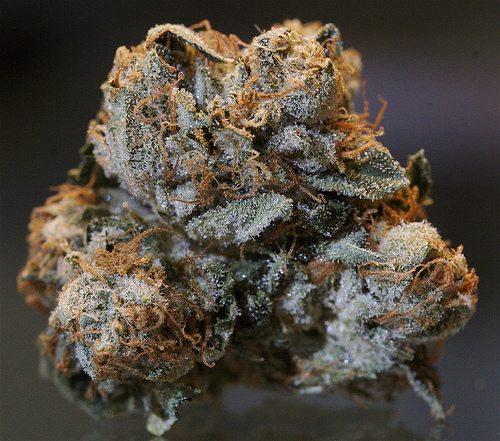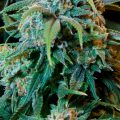
There is a myth that legalizing marijuana somehow reduces other types of drug use and drug-related crime, but data from law enforcement indicates that simply isn’t true.
A report from the Oregon-Idaho High Intensity Drug Trafficking Area this year shows the amount of methamphetamine, heroin, cocaine, illicit marijuana, fentanyl, prescription drugs, and other illicit drugs intercepted by law enforcement skyrocketed from 2018 to 2021.
Washington State legalized marijuana in 2012, Oregon legalized it in 2015, and Montana legalized marijuana in 2020.
In spite of that, illegal drug activity — including illegal marijuana activity — apparently increased.
The findings track with data out of Colorado — where authorities report that traffic deaths involving drivers who tested positive for marijuana have increased 138% since marijuana was legalized in 2012.
In 2020, law enforcement conducted 294 investigations of black market marijuana in Colorado. All told, they seized 5.54 tons of illicit marijuana, resulting in 168 felony arrests.
The marijuana reportedly was intended for illegal sales out-of-state.
Legalizing marijuana does not decrease drug-related crime, and it does not alleviate drug problems. If anything, it seems to make these problems worse.
Articles appearing on this website are written with the aid of Family Council’s researchers and writers.




